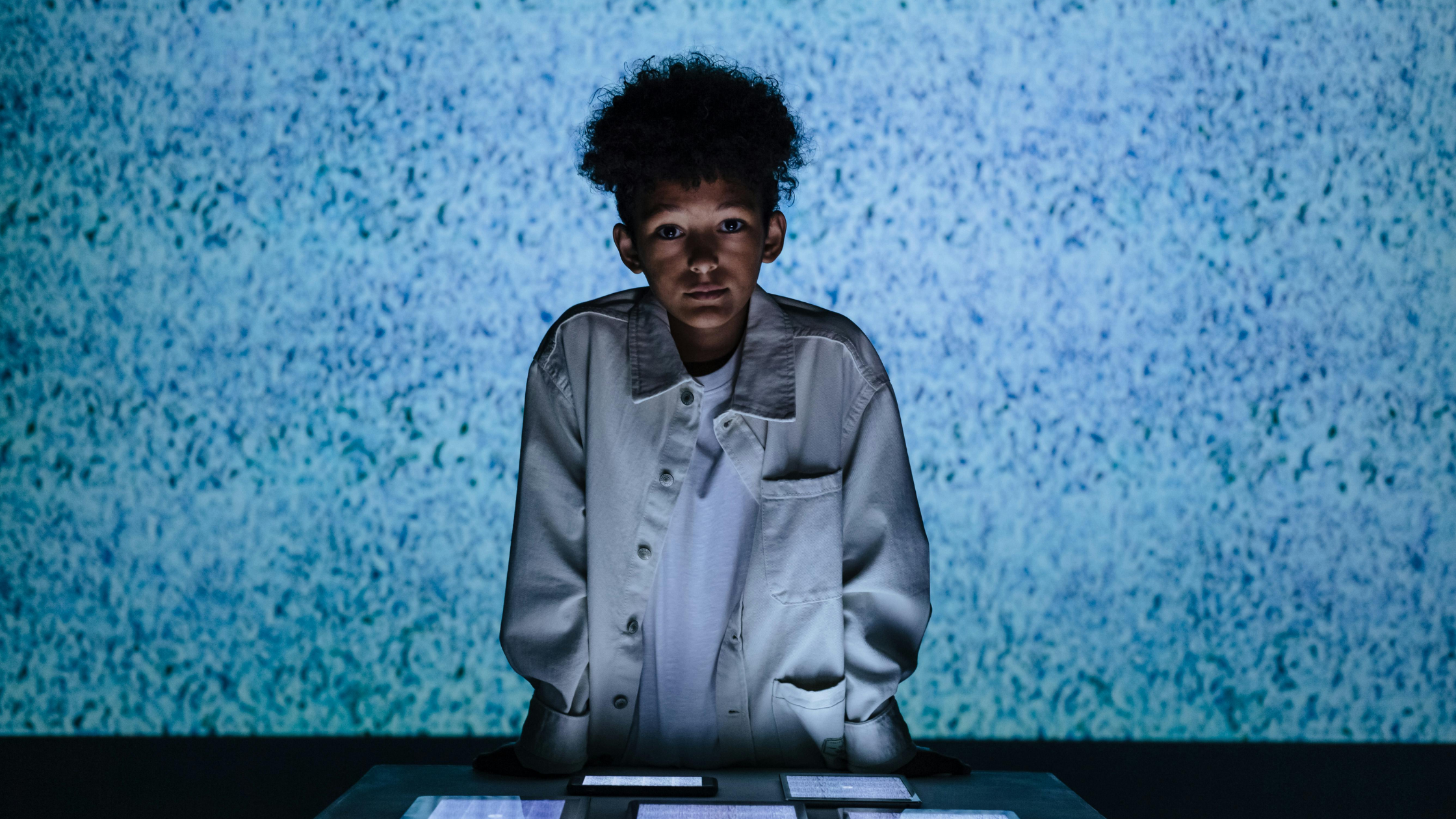The Science Of Screens and The Dopamine Dump Dilemma – Part 1

Our children need to navigate their way through an array of technological distractions when they are home from school. We have a question for parents. When did we, as parents become so afraid of the words, “I’m bored!”?
Here are the facts:
- Every App, website, and platform has the goal of making money. The more time you spend with these, the more data they collect to market to us. And make money.
- User Experience, gamification, and psychology all play a role in the development of these to ensure you spend as much time as possible engaging with the platforms.
- Screens create a false sense of security and protection from rejection, despite us being connected to more people than ever before we are more disconnected from each other than ever before.
- Boredom breeds creativity – we don’t need to avoid it!
Screens are changing your child’s neurochemistry: Dopamine
Dopamine acts on areas of the brain to give you feelings of pleasure, satisfaction, and motivation. Dopamine also plays a role in controlling memory, mood, sleep, learning, concentration, movement, and other body functions.
When we finally get the one thing we’ve been craving, our brain triggers a burst of dopamine that reinforces our actions. Similarly does illegal drugs, such as cocaine and heroin, also trigger a massive dump of dopamine. (Think about that!)
The use of a screen has been found to release dopamine in the brain, which can negatively affect impulse control. International studies have shown screen time affects the frontal cortex of the brain, like drugs, screen time sets off a pleasure/reward cycle that can have a negative impact on your life.
Latest discoveries in science have found that screens are changing children’s brains and can lead to some devastating results later. In the U.S. alone, depression and chronic anxiety rates among adolescents are at an all-time high.
The most devastating cost of screens is the phone-based childhood, and the collapse of time kids spend interacting with each other, face-to-face. No one can be a hypocrite when it comes to our digital lives, we must control our own balance, and as adults that should be easier to manage and make the right decisions around balance. How do our young children make sense of this?
We need to educate them and instill healthy digital habits from a young age.

One Response